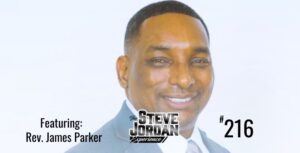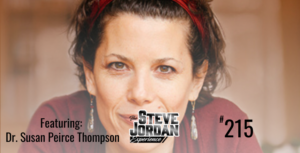For most of modern history, the question we’ve asked medicine to answer has been simple: How can we live longer? But as science advances, that question is starting to feel outdated. The real frontier isn’t extending life, it’s extending health.
This shift is giving rise to a new metric: health span, the number of years we live free from chronic disease, pain, and disability. It’s the quality of our years, not merely the quantity, that defines a life well lived.
The Science of Staying Younger, Longer
For decades, the medical establishment has focused on treating disease rather than preventing it. But breakthroughs in molecular biology, genetics, and behavioral science are changing that. Researchers now understand that aging itself , once seen as inevitable, is a modifiable process.
Studies from Harvard’s Sinclair Lab, Stanford’s Center for Longevity, and the Buck Institute for Research on Aging all point to the same conclusion: aging is plastic. It can be slowed, and in some aspects, even reversed.
Key mechanisms like mitochondrial efficiency, inflammation, and epigenetic regulation are at the heart of this new understanding. Interventions such as exercise, nutrition, intermittent fasting, deep sleep, and stress regulation have been shown to not just add years to life, but life to years.
The Longevity Paradox
In the U.S., the average life expectancy has climbed past 77 years, yet the average person spends the final 12 to 16 years of life in poor health, battling conditions like heart disease, diabetes, or neurodegeneration.
We’ve gained time, but not vitality.
That’s the paradox longevity researchers are now fighting to solve. The emerging field of health span optimizationargues that a 90-year-old who hikes, plays with grandchildren, and thinks sharply represents a greater medical victory than a 100-year-old bedridden with dementia.
Lifestyle as Medicine
What’s most inspiring about this science is how actionable it is. Unlike genetic therapies still in development, the foundations of health span are built on accessible choices of movement, purpose, community, and mindset.
Studies in “Blue Zones” regions like Okinawa, Sardinia, and Nicoya show that long, healthy lives aren’t driven by supplements or biohacking devices, but by sustainable habits: plant-based diets, daily movement, strong social bonds, and a deep sense of meaning.
And yet, modern longevity science adds a new layer of precision. Wearable data, personalized nutrition, hormone optimization, and functional fitness training allow us to target the exact levers that support biological youth, not just appearance, but cellular resilience.
The Future: Health as the Ultimate Wealth
As society ages, the concept of retirement at 65 may soon feel obsolete. Many people now in their 40s and 50s could realistically expect to live into their 90s or even 100s. The critical question becomes: what will those decades look like?
The goal isn’t to chase eternal youth. It’s to compress morbidity to live vibrantly and then decline gracefully, quickly, and with dignity.
That’s the essence of health span: the pursuit of a life that’s long in years, but even longer in strength, clarity, and joy.
In the words of Dr. Peter Attia, one of the leading voices in the field:
“It’s not about living forever. It’s about being the most alive for as long as possible.”
So the next time you think about longevity, don’t just ask how long you’ll live, ask how well. Because true longevity isn’t measured in time. It’s measured in vitality.


